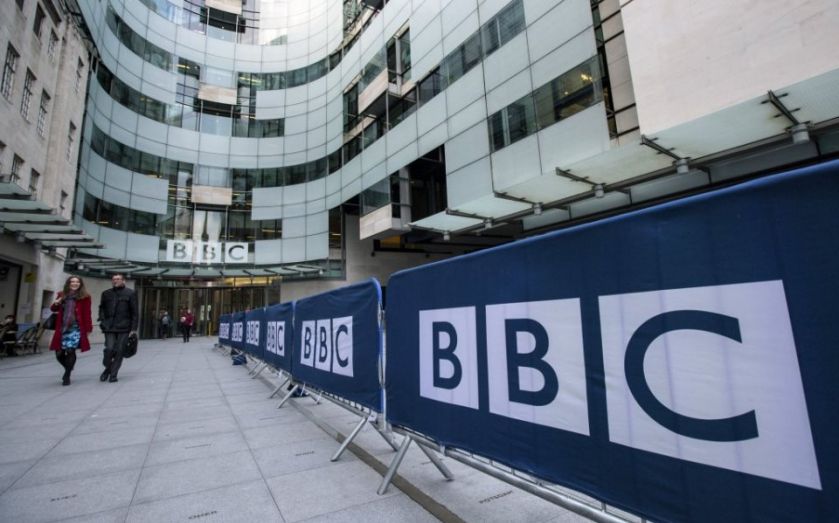As Lord Hall pledges a “BBC for the internet age”, is this even possible under the licence fee model?

David Hickman, senior lecturer in film & television production at the University of York, says Yes
The only alternative to the licence fee proposed by BBC critics is subscription. Little is said about how, say, radio would be paid for. But practical issues aside, the BBC is a public institution, so public attitudes matter – arguably rather more than those of critics with conflicting commercial interests.
A recent ComRes poll found an even split on retaining the current model (41 per cent for and against). But alternatives like subscription and funding through an increase in taxation were less popular. A “digital” licence fee might square the circle.
A password-protected iPlayer, and a facility for overseas audiences to pay a subscription, would increase revenues and reduce pressure on fee increases. And if the BBC is going to be more “open” with local news organisations, it should also make some content available by “creative commons” to its core investors: the licence fee payers.
Len Shackleton, professor of economics at the University of Buckingham, says No
Lord Hall’s ideas are interesting, but why does the BBC have to do these things and the public have to fund them through the licence fee? And what has to be given up to finance this neo-Reithianism?
Two of his ideas seem attractive – a pool of reporters helping to feed into endangered local press and the “Ideas Service”, featuring material from universities and cultural institutions.
The first of these would likely prove unworkable: anyway, subsidies to local newspapers (a dangerous business) could be provided without having Auntie Beeb playing Lady Bountiful.
Doses of internet-supplied science sounds suitably worthy, but I doubt the public wants yet more from Brian Cox. Good dramas and genuinely amusing comedy, available on TV or online, would be more in line with viewers’ tastes.
The BBC used to do sport quite well, too – before throwing in the towel and pleading implausible poverty.